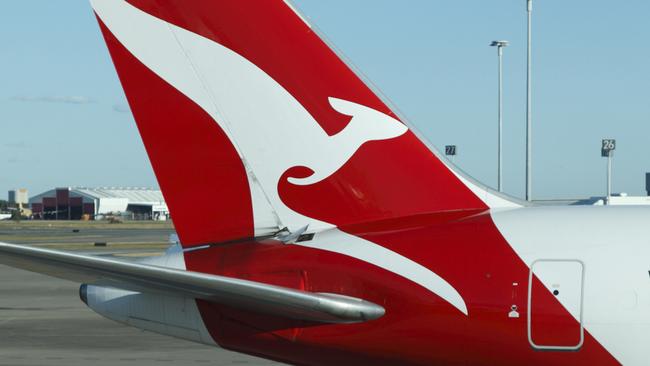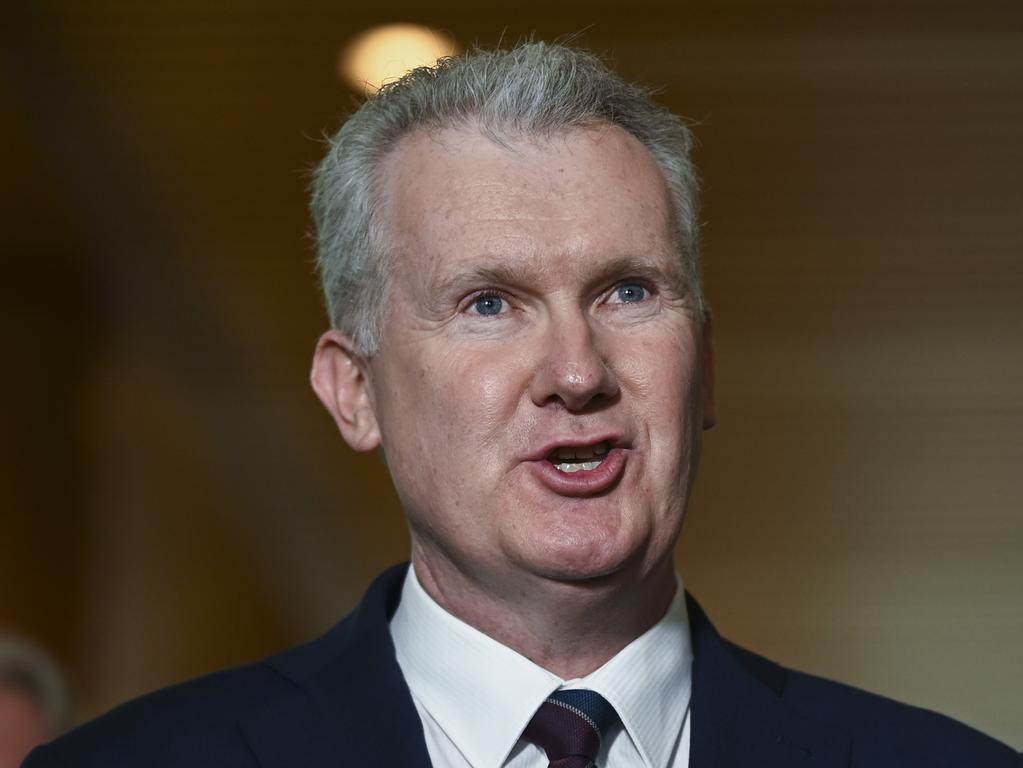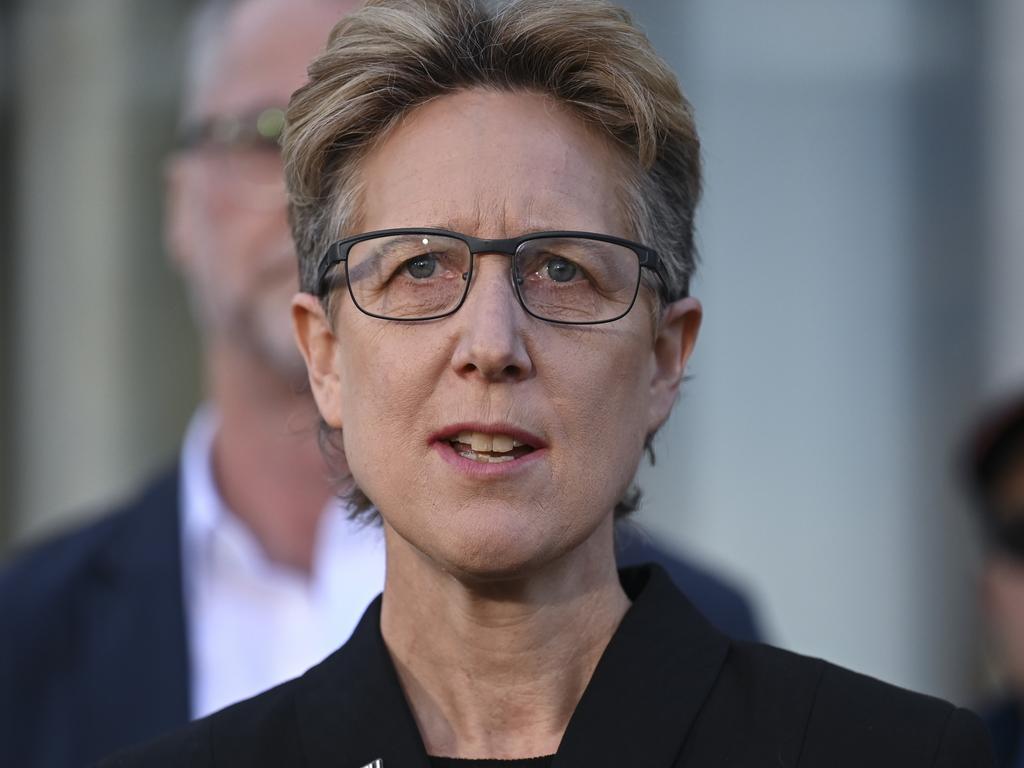Qantas warns IR changes will force up ticket prices
Airline says it could pass on increased compliance costs to customers.

Qantas has declared the government’s industrial relations changes could lead to higher ticket prices for passengers as the airline might have to pass on increased compliance costs to consumers.
Appearing at a Senate inquiry into the Closing Loopholes Bill, Qantas representatives came under sustained criticism from Labor senators Tony Sheldon and Linda White about the company’s labour hire arrangements and the significant disparity in pay and conditions with directly employed staff.
Senator Sheldon accused the airline of “gaming the system” by putting in place labour hire arrangements that saw some employees paid up to 50 per cent less than directly engaged employees doing the same job.
The government and unions argue the bill, including labour hire changes, is necessary to stop major companies, including Qantas and BHP, exploiting legislative loopholes.
Airline executive manager, industrial relations, Nathan Safe defended its conduct, saying if it had kept hiring workers under “legacy” terms and conditions, “especially when our domestic competitors are paying award or slightly above award rates, Qantas would likely not be here”.
Mr Safe said the bill, combined with last year’s workplace law changes, could, depending on decisions by the Fair Work Commission, “significantly increase costs with no corresponding increase to productivity”.
“That could, in turn, compromise the viability of services (particularly regional ones), undermine job security and create market distortions by way of an unlevel playing field in circumstances where competitors will not be captured by the proposed reforms,” he said.
“None of those things are a good result. Not for our people, our customers or Australia more broadly.”
Asked if Qantas was concerned the legislation would contribute to higher costs for aviation employers and translate to higher ticket prices for customers, he said, “yes we do have that concern”. “The bill appears to have given a very wide discretion to the Fair Work Commission to make certain orders which would drive certain outcomes,” he said.
While the extra costs were difficult to quantify at this stage, Mr Safe said Qantas “at a high level” had concerns the result could be higher ticket prices.
“There is a lot of uncertainty about its implication,” he said.
“We are very concerned about the effect of the unlevel playing field it will create for us versus our competitors so we do have very serious concerns about where the Fair Work Act may be going under these changes.”
Giving evidence to the inquiry, BHP, a vocal critic of the laws, said the labour hire changes risked significant damage to the economy. BHP has previously said the cost to the mining giant of Labor’s industrial relations changes will be significantly higher than its previous estimate of $1.3bn annually, warning the legislation threatens to make its $300m apprentice and traineeship program “unfeasible”.
Unions said the cost estimates highlighted how much the company should be paying workers.
BHP vice-president, government relations, Nick Park said the laws would put jobs at risk, add to inflationary pressures and make it harder to attract new projects and investment.
The bill would require labour hire and service contractor employers to also deal with a regulated labour hire arrangement order, he said.
“For these businesses, every time they deploy an employee to a different customer, the employee’s pay rate could change.
“It is easy to see how a labour hire or service contractor business having to manage compliance with potentially hundreds of RLHA orders would become overwhelmed – particularly small- and mid-sized resource industry suppliers.”







To join the conversation, please log in. Don't have an account? Register
Join the conversation, you are commenting as Logout